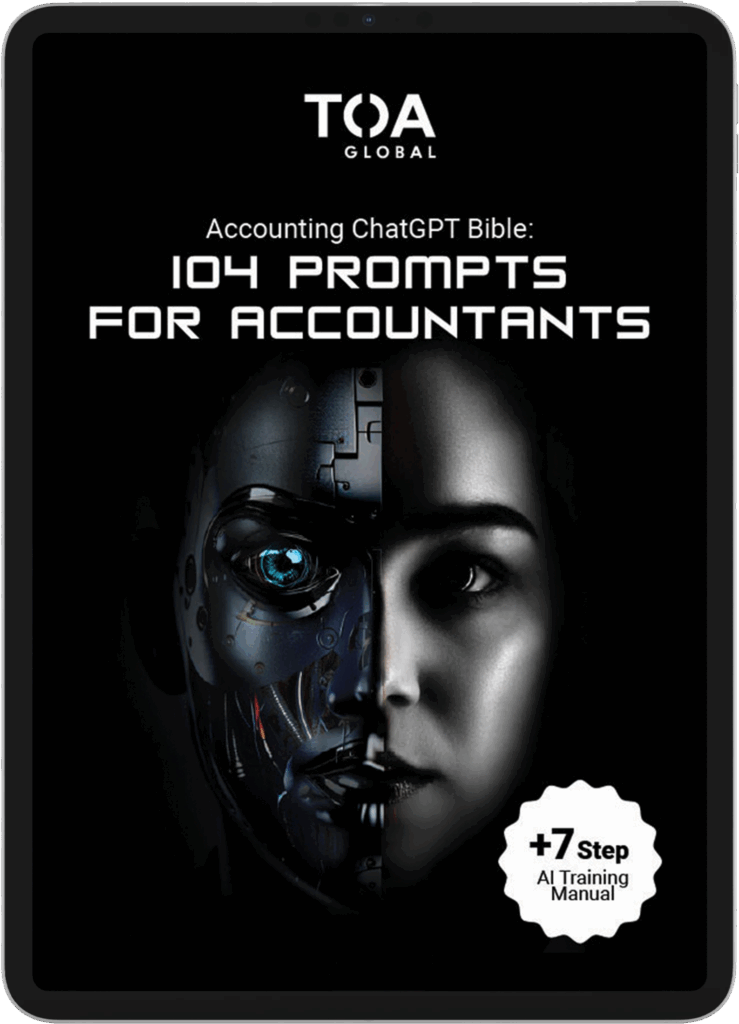Engagement letters are essential in any business transaction. It’s a standard procedure (even considered best practice) that accountants utilise when onboarding a new client.
What does it do?
An engagement letter serves as protection for both accountant and client in case something goes wrong during the term of your agreement.
Also referred to as client agreement, this document outlines both parties’ responsibilities. It lays out the things required from both client and finance professional. Aside from that, an engagement letter states the consequences of not honouring the agreement.
Simply put, an engagement letter sets the terms for the transaction: what to do, when and how to do it so that everything is clear for both parties.
Do you really need to have one?
As a professional, you are required to document and communicate the terms of your agreement each time you provide professional services to a client. These services include anything that requires accountancy, taxation, auditing, management consulting and financial management services.
Aside from the fact that CPAs are required by the Accounting Professional and Ethical Standards Board (APESB) to document the terms of engagement when providing such services, it is a good way to establish clarity when it comes to the scope of services and the basis on which the fees will be paid.
What should an engagement letter include?
The engagement letter can come in different forms: leaflet, brochure, standard format handout or email. A formal letter, however, is preferable. The following should be included:
- Objectives of the engagement
- Purpose of the letter of engagement
- Scope of the work
- Relevant timelines for the work
- Deliverables
- Responsibilities of both firm and client
- Fees and billing arrangement
- Other professionals involved
- Document ownership (i.e. liens over client records in case of a client dispute)
- Client consent to the terms of the agreement
The process must be finalised before the engagement takes effect. It is also important that the engagement letter includes a billing schedule to avoid future problems. Accountants don’t need to include the initial consultations in the engagement letter but if the consultations incur a fee, it is highly advised that accountants inform the client about it.
How To Automate Engagement Letters
But here’s the challenge: the entire process of preparing and sending out engagement letters can take a while. It may take weeks before an engagement letter is prepared and sent out to clients. It would then have to be signed and sent back to you by the client.
Imagine the time (and effort) wasted by doing it the traditional way. You could have commenced with the work by the time you received the signed agreement. This is why automation tools, like Practice Ignition, are essential to accountants.
Such tools simplify accounting workflows and other related processes. By streamlining engagement letters as well as proposals and invoices, accounting automation tools allow accountants to get started on work that matters.
While engagement letters, which function as sales tools and binding documents, should be on top of your list, it doesn’t mean you can’t put them autopilot. Yes, these deserve a considerable amount of your time but they can still be done with such precious by using the right automation tools.
These tools significantly cut the time spent on this process. Practice Ignition, for example, creates digital engagement letters and maps all client data based on the information used when creating the lead. It helps accountants shift from manually preparing such documents to automatically generating the letters with ease.
It takes the pain away from acquiring and analysing data captured during the initial stages. Automation tools give accountants real time insights that accounting firms can benefit from. Some examples include number of new client signups, conversion rate, recurring revenue, projected earnings per annum.
In short, it allows accountants to make better decisions because they can focus more on the work and not the administrative tasks of manually handling correspondences.
Sahil Mahotra, Territory Manager for Practice Ignition, recently joined us in our latest webinar titled “Optimising Your Firm With Essential Cloud Technology.”
The Outsourced Accountant helps accounting firms from all over the world grow their capacity, margins and profits through global outsourcing. Contact us to find out more about how we can help your firm.

















